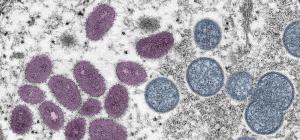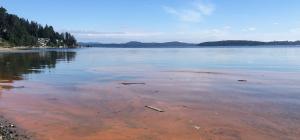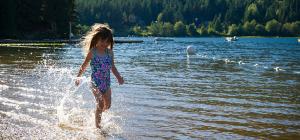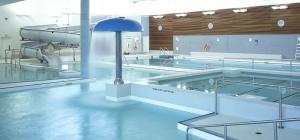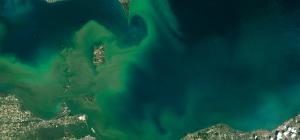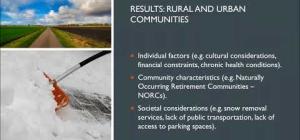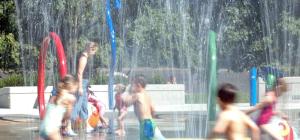Environmental factors associated with freshwater recreational water quality in Toronto and Niagara
Johanna Sanchez, PhD
Jordan Tustin, PhD
Poor recreational water quality poses a risk of acute gastrointestinal illness (AGI) to beach goers engaging in water activities. In Canada, the concentration of Escherichia coli (E. coli) is regularly monitored by public health units to make risk management recommendations about beach water quality conditions. Laboratory processing times results in a delay in the availability of water sample results. As such, decisions about whether to post a beach as safe for swimming are based on previous day data. Freshwater beach E. coli concentrations are influenced by several environmental and climatic factors, which can result in changes to water quality conditions in a short period. A greater understanding of these factors could assist in timely decision-making processes.
We examined water quality data collected by public health authorities during the recreational bathing season from eight beaches in the Niagara Region (2011-2019) and 11 beaches in Toronto (2007-2019) and linked environmental data from federal and provincial weather stations.
This webinar will discuss recreational water quality in beaches located on two of the Great Lakes and present key findings of initial analyses of the association between environmental factors and beach water. We aim for the results of this study to be used to inform beach monitoring programs and reduce the burden of water-borne disease.



